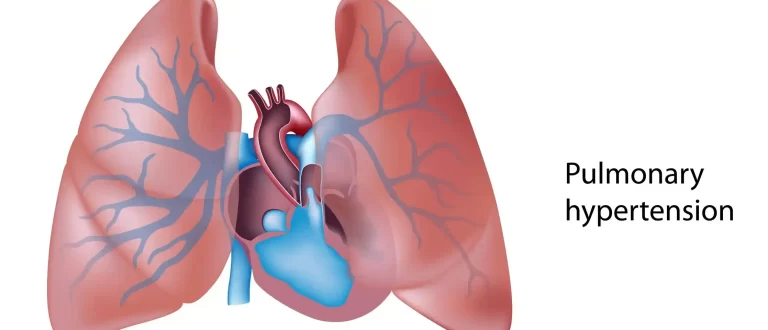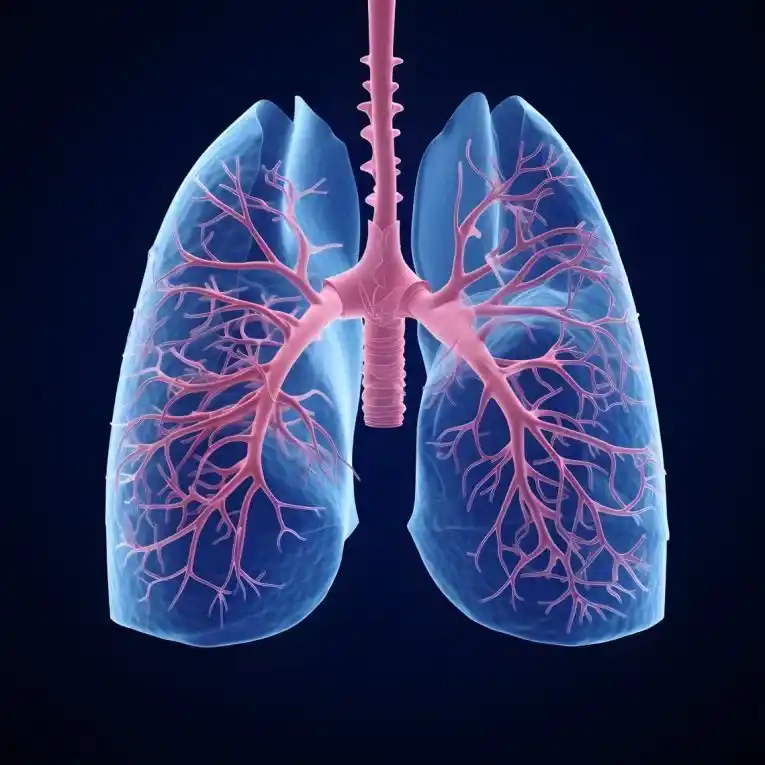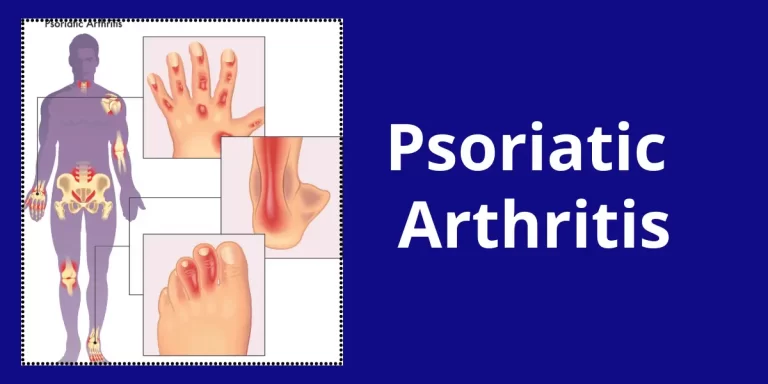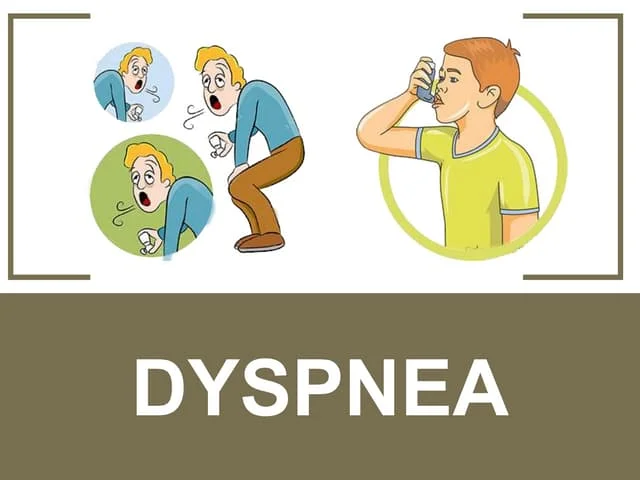What Causes Pain Behind the Knee?
Pain behind the knee, also known as posterior knee pain, can result from various conditions affecting the muscles, tendons, ligaments, or joints in the area. It may be caused by overuse, injury, or underlying medical conditions such as arthritis, bursitis, or a Baker’s cyst. In some cases, nerve compression or vascular issues can also contribute…










